Anything associated with the Mahatma is a symbol when one automatically thinks about the value of non-violence and the comforts and pleasure that such violent-free life provides. No doubt, the relevance of Mahatma’s teachings are being questioned these days. All the same, the messages that he had sent across to the people of the country, nay, the whole world, on non-violence is very relevant and would stay permanently.
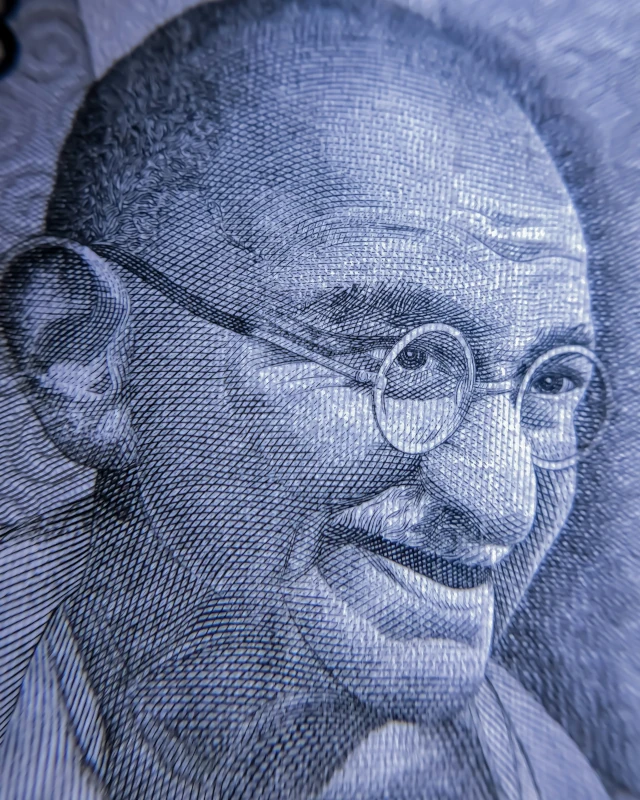
Photo de Pratik Chauhan sur Unsplash
It is worthwhile to ponder over the question of different forms of violence which happen in everyday life.
From a raised tone to a savage cry, from a pinch by nail-ends to piercing bullets, from blackmails for chocolates to threats of terrorists, from table-brawls to dismissals, from demands to boycotts, from destroying materials to breaking hearts, violence of all forms affects our lives and makes us bend our heads in shame for what man has made of man and of Nature.
So, are we helpless?
An emphatic ‘NO’ is the answer.
Because we have enough cognition and its associated human qualities.
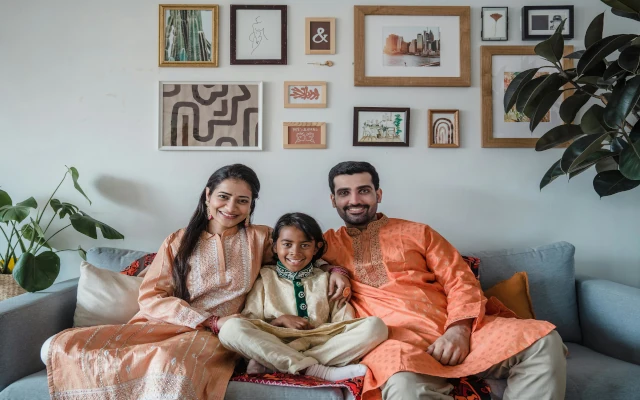
There are identifiable and totally unacceptable acts of violence at the palaces of love. One’s home is a palace of love, but then times out of number it is turned into a hell with women and children as the ultimate victims of loss and suffering. Violence perpetrated on both are manifold. Even actions performed out of love or concern or a desire to develop the best are associated with continuous pressure that kills creativity, punishment that pains or even rejection that breaks. This violence on the innocent is the product of a brutal force that does not respect the values of interpersonal relationship and are actions of absolute power.
One can easily notice the small-scale and completely negative forms of violence at the temples of learning. At the altars of learning, in the transfer of knowledge, the child; and later youth; is at the mercy of the teacher who mostly runs roughshod over the former’s needs and feelings. The demand to achieve the impossible, corporal punishments, and the use of unaccountable power of the teacher have made the processes and contents of education ineffective, so much so, that the uneducated seem to be more of a human being than the educated.
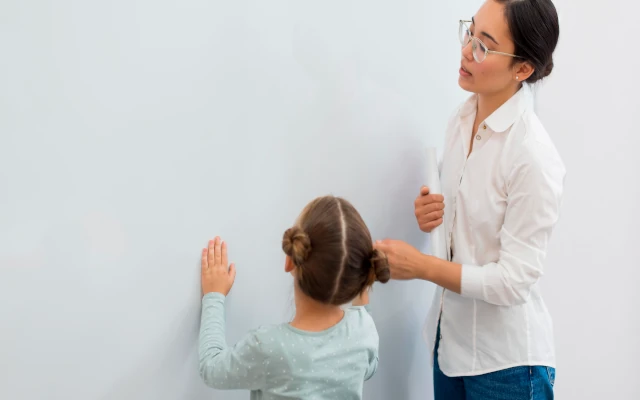
Easily noticeable and not easily dealable are the different forms of violence at the citadels of work. If work is worship, ‘working with’ is worship of a higher order, but at the work place they war with each other. Freedom to demand and freedom to profit-making are so much at cross purposes that the bargains mostly result in bloodshed or ruin of both. When legitimate powers collide, partisan interests confront, unskilled persons lead or individual goals suppress group goals, all people around get defeated and very often the violence involved in the process is more than what one can ask for. The saddest is the fact that those who deserve suffer and those who do not, harvest.
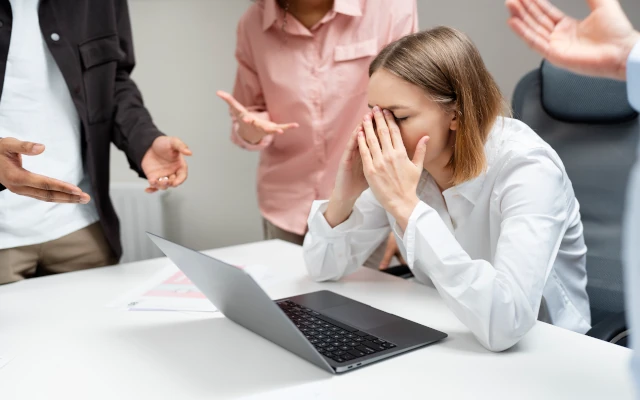
Unaccountable, yet immeasurable, are the forms of violence that happen at the assemblies of people. Homo sapiens, unlike other animals, learnt in their march towards progress that collective-living is conducive to civlised living and understood that freedom cannot be absolute. Social compromises desire customs, rules, laws and organised governance. Yet, the essential goodness of human gives way to destruction of human feelings, human faith and even the human body. At cross-roads, at playgrounds, at side-walks, at rallies or at several types of assemblies of people, violence goes uncontrolled and the worst is when the protector too turns violent.
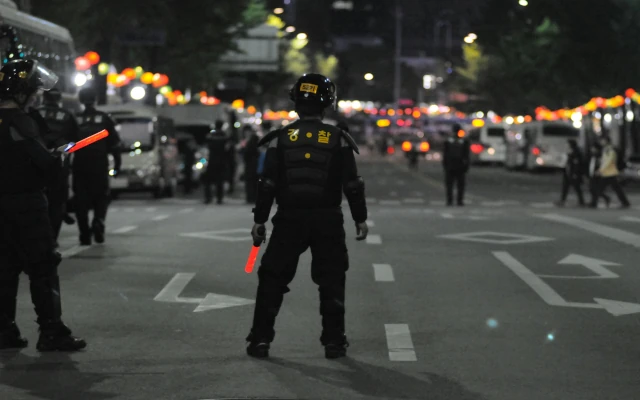
Human development in which human qualities are developed and humanism is promoted are necessary to neutralise, minimise, or harness violence and suffering.
Conflicts in beliefs, in methods of working, in systems of governance and in ultimate goals are bound to be a part of human living. The peace that ought to govern human interactions can emerge only from the skill to relate to fellow beings. That is the greatest of all human resource. There are other areas of human resource like values, cognition or conscience which are also capable of assuring peaceful co-existence of the humans.
It indeed is necessary to develop these areas of human resource to neutralise, minimise or harness violence and the associated human suffering.
Ingrid Newkirk who spearheaded a movement for protecting inherent rights of sentient animals wrote in which she said that humans could be excused in their initial years of organising themselves for their unbridled aggression when humans considered themselves as the self-appointed leader of all living beings because they had less knowledge about the world, its functioning and its components including the humans themselves. She said that these days humans do not need to continue their undeclared war on other animal nations. People can easily feed, clothe, and entertain themselves without robbing other beings of the very things that provide their own warmth, sustenance and fulfillment. In fact, she was only appealing to the humans to be less violent to themselves and also other beings.
Violence is defined as the use of force or power causing physical or psychological hurt resulting in the process of infringement of human rights and, or dehumanisation.
Violence is a way of Nature, human included as part, but human, in her or his enlightenment, has discovered the need to deal with it.
Violence expressed in any form can be dealt with to be harnessed or neutralised.
Violence by an individual or a state to neutralise violence is less civilised as the victim is treated with lesser human concern.
Research, development and mobilisation of human resource, especially Human Relations Skills, will improve the positive qualities of interpersonal relationships and will result in less violent individuals, families, work places, societies and nations providing each with greater wealth for head and body, to produce more and consume justly and this will lead us to a more humane and enlightened society where each member’s living is less painful or less deprived or less oppressed.
………………………………….
Prof. Sunney Tharappan, is Director of College for Leadership and HRD, Mangaluru. He trains and writes and lives in Mangaluru.
Cover Photo: Monte San Savino, CC BY-SA 3.0, via Wikimedia Commons
